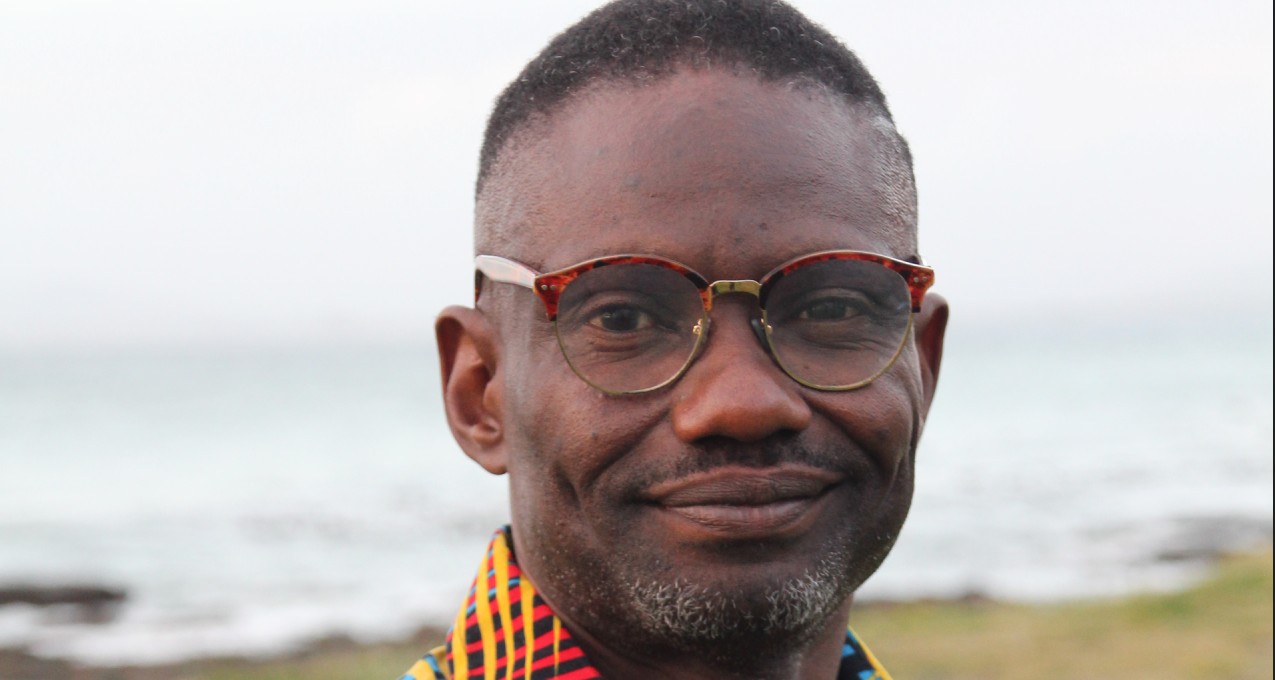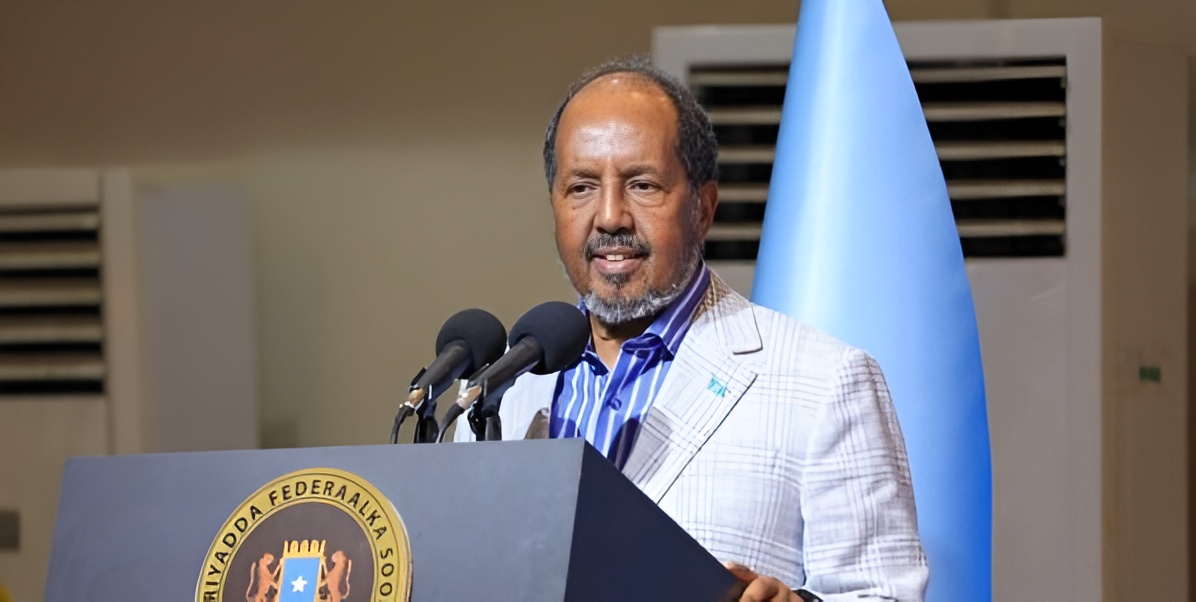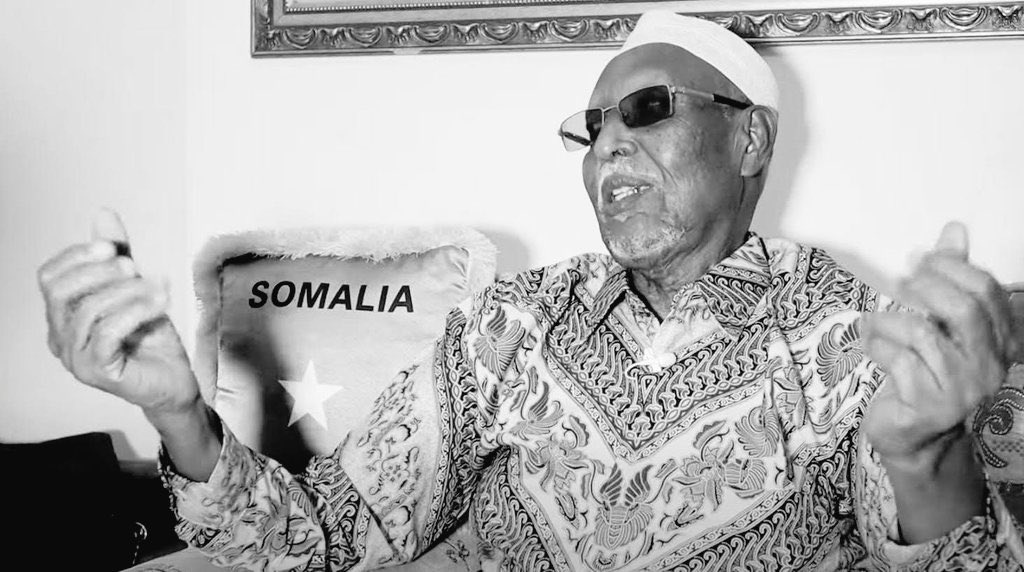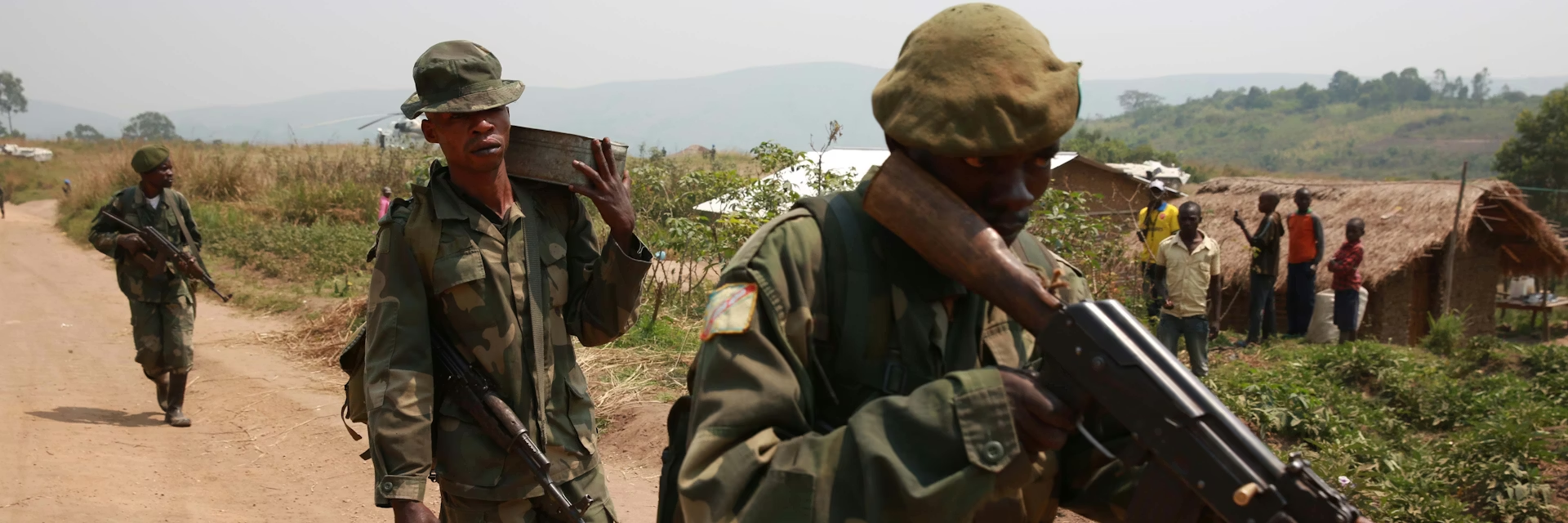Mpox outbreak worsens in Africa: Children, women at high risk as new variant emerges
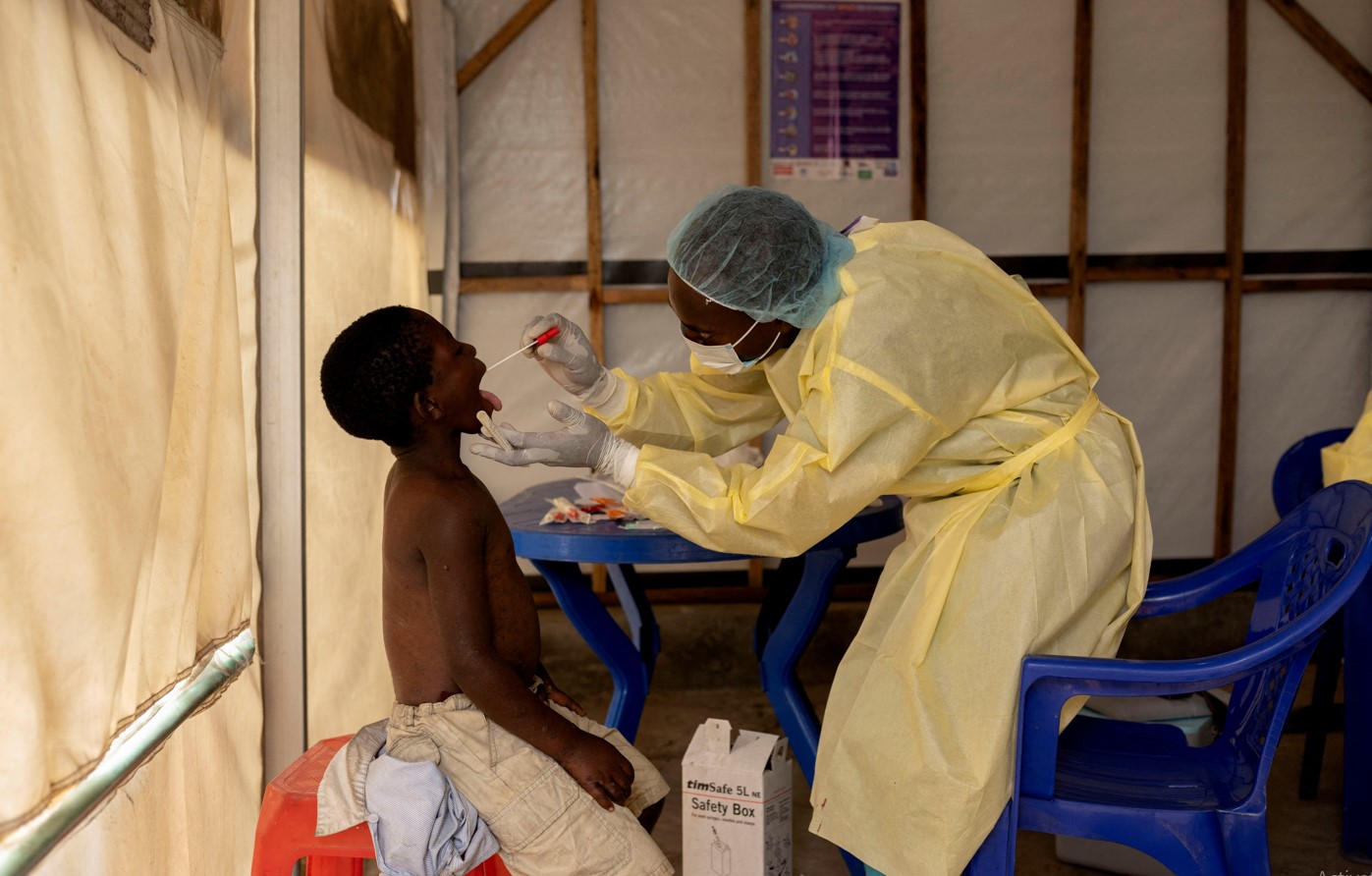
A new variant of the mpox virus, clade Ib, has emerged in all affected countries except South Africa.
The growing mpox outbreak continues to worsen the plight of women and children in Eastern and Southern Africa. According to a recent UNICEF report, the surge in cases is severely impacting vulnerable communities across the region, with over 200 confirmed cases reported in Burundi, Rwanda, Uganda, Kenya, and South Africa.
A new variant of the mpox virus, clade Ib, has emerged in all affected countries except South Africa. This variant, which has a fatality rate of 10 per cent, is particularly alarming due to its potential for rapid spread, especially among young children.
More To Read
- Gavi to channel vaccine funds directly to Kenya in major policy shift
- Gaza faces humanitarian disaster with thousands trapped in flooded camps
- All we want for Sudan is peace, say children fleeing violence
- England confirms new mpox strain: What you need to know
- Children killed in Sudan’s South Kordofan drone attacks as humanitarian crisis worsens
- UNICEF, Save the Children hail Turkana’s progress in tackling malnutrition
The Democratic Republic of Congo (DRC) has been a major source of the virus's transmission across the region, as the country grapples with the devastating effects of conflict and the collapse of its healthcare infrastructure.
Burundi has been the hardest hit, reporting 170 confirmed mpox cases as of August 20, 2024, across 26 of its 49 districts.
Nearly 60 per cent of those infected are children and adolescents under the age of 20, with children under five making up 21 per cent of the cases. Women and girls are also disproportionately affected, representing 45.3 per cent of the infected population.
The situation for children in Burundi is heightened by simultaneous measles outbreaks, driven by low immunisation rates, and widespread malnutrition. Despite ongoing response efforts, the country faces significant obstacles, including a lack of diagnostic test kits and medicines, low public awareness, high operational costs, and the threat of disruptions to essential healthcare services.
UNICEF's Regional Director for Eastern and Southern Africa, Etleva Kadilli, highlighted the urgency of the situation, stating, "This new strain of mpox poses a serious threat to vulnerable children and families. Beyond immediate life-saving interventions, it's critical to focus on risk communication, cross-border collaboration, and strengthening healthcare systems. We must prioritise the continuity of essential services and support programs that ensure the overall well-being of children."
The outbreak's impact extends beyond the immediate health crisis. Children and adolescents face increased risks of stigma, discrimination, and interruptions to their education. For women and girls, there is an elevated threat of gender-based violence, including sexual abuse and exploitation, as they shoulder the responsibility of caring for sick family members while also trying to meet basic household needs.
Drawing on lessons from previous public health emergencies, including HIV, Covid-19, and Ebola, it is essential to prioritise support for survivors, combat stigma, and maintain basic social services, particularly in education and community reintegration.
In addition to the challenges posed by mpox, Kenya, Burundi, and Uganda are also dealing with other crises, including drought and floods.
Kadilli highlighted the urgency of focusing on children. "Prioritising the needs of children in this mpox outbreak is not just necessary, it's crucial. Their increased vulnerability demands our full attention and resources to safeguard their well-being during this critical phase of the response."
UNICEF, in collaboration with WHO, Africa CDC, and local partners, is actively responding to the outbreak across the region. Efforts are focused on intensifying risk communication and community engagement through local media and awareness campaigns, with an emphasis on promoting personal hygiene as an effective measure to prevent infection.
To strengthen its response and preparedness, UNICEF is urgently seeking additional funding. The situation is evolving rapidly, and the organisation will reassess funding needs as the outbreak progresses.
In Kenya, although only one case has been confirmed, several counties have reported suspected cases. With schools set to reopen soon, heightened surveillance is essential to prevent the spread of mpox among children.
The Ministry of Health has reactivated emergency centres, previously used during the Covid-19 pandemic, and has implemented increased surveillance and screening at border points.
Top Stories Today


